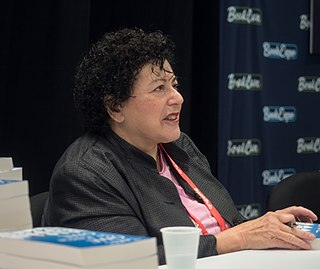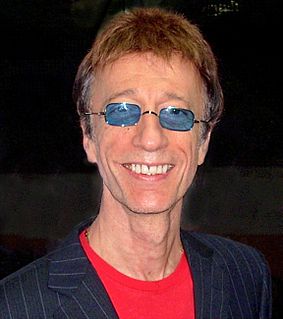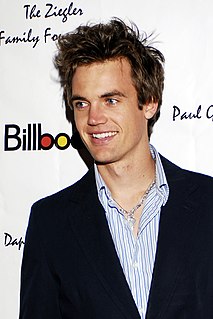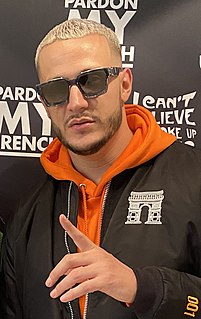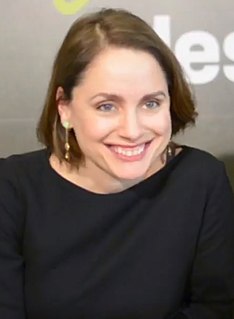A Quote by Richard Linklater
I think people forget how radical the narrative of 'Slacker' is. There's no story, you know? We could go from one character to the next to the next and never return.
Related Quotes
Say you have a headline like "Mountain Bike Stolen," and then you read the story, read another story about it the next day, and then the next week, and then the next year. News is a process of expansion, the filling in of detail, and making narrative connections - not based on chronology, but based on features of the story. There are narrative connections made between props, between characters, between situations, and so forth.
If you're a certain type of actor, then eventually stepping into a director's shoes is a natural transition. I've always been the actor who's very focused on the narrative, where my character is in the story, and how I can benefit the story. I've always had a technical aspect of what the lens is, how the camera is going to move, how I can feed the information the director applies within that move. If you're that type of actor, narrative-based, technically proficient, the next step is actually not that far.
Sometimes kids ask how I've been able to write so many books. The answer is simple: one word at a time. Which is another good lesson, I think. You don't have to do everything at once. You don't have to know how every story is going to end. You just have to take that next step, look for that next idea, write that next word.
I never wanted to get to a point in my life where I knew what was going to happen next. I felt like most people just couldn't wait until they found themselves settled down into a routine and they didn't have to think about the next day, or the next year, or the next decade because it was all planned out for them. I can't understand how people can settle for having just one life.
Mere opinions, in fact, were as likely to govern people's actions as hard evidence, and were subject to sudden reversals as hard evidence could never be. So the Galapagos Islands could be hell in one moment and heaven in the next, and Julius Caesar could be a statesman in one moment and a butcher in the next, and Ecuadorian paper money could be traded for food, shelter, and clothing in one moment and line the bottom of a birdcage in the next, and the universe could be created by God Almighty in one moment and by a big explosion in the next--and on and on.
People say, 'Well, whose career do you follow? Where do you see your career going? What movie do you want to do next?' And I can't tell you what type of movie I would go and do next. I would have to read the script and feel for a character. And if I feel in my gut for a character, I know that that's somebody I have to play.



